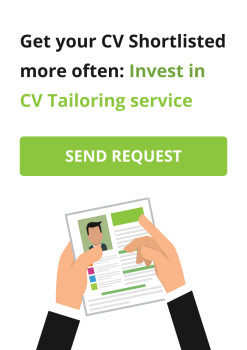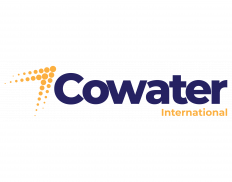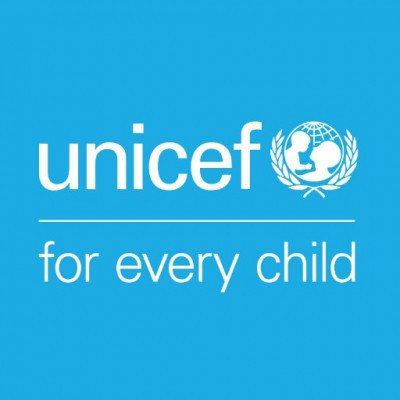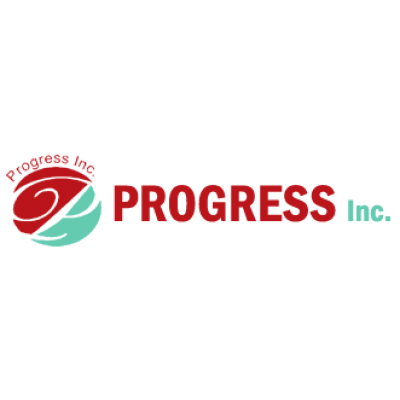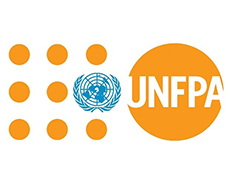Details
Description
Background
UN Women, grounded in the vision of equality enshrined in the Charter of the United Nations, works for the elimination of discrimination against women and girls; the empowerment of women; and the achievement of equality between women and men as partners and beneficiaries of development, human rights, humanitarian action and peace and security. UN Women’s engagement in humanitarian action and DRR is to ensure consistency and sustainability in addressing gender equality concerns across the humanitarian-development nexus. The importance of gender integration in Humanitarian and Disaster Risk Reduction (DRR) is embedded in the United Nations Security Council Resolution 1325, that acknowledges the impact of conflict and disasters on women, recognizing the importance of utilizing women’s contribution and active participation in conflict prevention, peacebuilding and relief and recovery. In addition, gender mainstreaming has also been included in the Sendai Framework for DRR (SFDRR) and was one of the key commitments from the World Humanitarian Summit held in Turkey in 2016.
After prolonged drought period, Somalia received moderate to heavy rainfall in several parts of southern and central Somalia from mid-April 2023. A sharp rise in the level of the Shabelle river following heavy and incessant rains in Somalia resulted the Shabelle river burst its banks and submerged the town of Beledweyne forcing thousands of people to abandon their homes and move to higher ground. According to the Somali Disaster Management Agency (SoDMA) more than 245,000 people have been displaced due to flash flooding[1].
The scale of the destruction and displacement in Beletweyne has created an emergency, with thousands of residents left homeless amid persistent humanitarian challenges in the region occasioned by cyclical floods. The displaced population includes around 30 per cent IDPs who were already in a precarious state because of the extended droughts and insecurity. Families are currently seeking shelter under trees and homemade shelters made of ragged garments. The majority of those displaced are children, women, the elderly, and those with disabilities. There is fear of the rapidly rising levels of the river could create more severe flooding in Beletweyne town and potentially other parts of Hiraan Region as observed in the past. The vulnerable flood displaced families reportedly have not received needed assistance from humanitarian agencies[2].
[1] #Baladweyne flooded by the Shabelle River, visit and response from the SoDMA Agency.
[2] Protection and return monitoring flash alert #13 |11 May 2023
The Hirshabelle State authorities have issued an urgent appeal for assistance to those affected to address the needs of those affected by the floods, including the provision of emergency aid and long-term support to help them recover from the disaster.
Based on the above context, UN Women Somalia is keen to understand the impact of flood to affected community particularly women and girls and together a contextualized humanitarian needs and priorities of the affected population.
Objectives of the assignment
The primary objective of this Rapid needs assessment is to map out the current humanitarian needs and crisis affected population in Beladwayne. The technical assessment will serve to generate a comprehensive analysis of the differentiated needs that informs how UN Women Somalia can prioritize, plan, and respond immediately.
The national consultant will work closely with the UN Women Somalia Country team. The Consultant is expected to visit the affected areas to assess the extent of the current crisis and the priority needs of the affected population.
Duties and Responsibilities
Under the overall supervision and guidance of the Country Programme Manager, and in close coordination with the Programme Specialist, and Planning and Coordination analyst, the consultant will undertake the following tasks:
- To conduct Desk review research to provide evidence-based information (SADDD)[1] of the conditions of the crisis-affected population that will inform a more gender responsive integrated humanitarian interventions by UN Women Somalia,
- Identify service gaps in the humanitarian assistance and factors contributing to these gaps and make viable recommendations on how to bridge these gaps,
- Recommend strategies to strengthen coordination, collaboration, and information sharing among humanitarian actors in the context of the emergent as well as existing crises in Somalia,
- .Develop an initial 30-day intervention strategy that includes program support requirements [Personnel and Financial resources] to implement the intervention strategy.;
[1] Sex, Age, and Disability Disaggregated Data (SADDD)
Deliverables & Work Schedule:
| Deliverables | Allocated Percentage | Timeline |
Inception report outlining the structure and the process of undertaking the assignment and timelines (interview schedules, travel and logistic plan, data collection tools, list of members to be interviewed) |
8th August 2023 |
|
Share A Rapid Gender Needs Assessment report with findings, analysis and recommendations for further reference and utilization |
40% | 20th August 2023 |
| Develop an initial 30-day intervention strategy that includes program support requirements [Personnel and Financial resources] to implement the intervention strategy; | 60% | 25th August 2023 |
| Develop 2-pager Concept Note to support implementation of the Intervention Strategy |
Competencies
Core Values:
- Respect for Diversity
- Integrity
- Professionalism
Core Competencies:
- Awareness and Sensitivity Regarding Gender Issues
- Accountability
- Creative Problem Solving
- Effective Communication
- Inclusive Collaboration
- Stakeholder Engagement
- Leading by Example
Please visit this link for more information on UN Women’s Core Values and Competencies: https://www.unwomen.org/sites/default/files/Headquarters/Attachments/Sections/About%20Us/Employment/UN-Women-values-and-competencies-framework-en.pdf
Functional Competencies
- Demonstrable ability to produce high quality assessment reports in English within the humanitarian-development-peace nexus programming
- Demonstrable ability in conducting Rapid Gender Needs Assessment on areas effected by climatic shock including drought, and floods, displacement etc.
- In-depth knowledge of gender equality, humanitarian action, conflict and disaster risk management.
- Knowledge of policies and legal frameworks on gender equality, livelihoods and food security, Disaster and Humanitarian crisis.
- Ability to complete complex assignments in a timely manner and delivery quality results.
Required Skills and Experience
Education:
- Master’s degree in Disaster Risk Management, Humanitarian Affairs, Conflict Management, Social Sciences, Gender Equality, statistics and/or other social science related to the areas relevant for the assignment; a bachelor’s degree may be considered with additional 5 years’ experience
Experience:
- Minimum 5 years of proven experience in emergency response and recovery, Emergency preparedness and disaster management and humanitarian response project
- Experience conducting Rapid Needs assessment, multisectoral needs assessment research, data collection and preparing project analytical reports
- Experience working with international organizations, UN agencies
- Experience is an asset (experience in working in communication, documentation and reporting
Language skills:
- Excellent verbal and written English.
Application:
Please note that applications without a completed and signed UN Women P-11 form will be treated as incomplete and will not be considered for further assessment.
UN Women Personal History form (P-11) can be downloaded from http://www.unwomen.org/en/about-us/employment
Note:
In July 2010, the United Nations General Assembly created UN Women, the United Nations Entity for Gender Equality and the Empowerment of Women. The creation of UN Women came about as part of the UN reform agenda, bringing together resources and mandates for greater impact. It merges and builds on the important work of four previously distinct parts of the UN system (DAW, OSAGI, INSTRAW and UNIFEM), which focused exclusively on gender equality and women's empowerment.
Diversity and inclusion:
At UN Women, we are committed to creating a diverse and inclusive environment of mutual respect. UN Women recruits, employs, trains, compensates, and promotes regardless of race, religion, color, sex, gender identity, sexual orientation, age, ability, national origin, or any other basis covered by appropriate law. All employment is decided on the basis of qualifications, competence, integrity and organizational need.
If you need any reasonable accommodation to support your participation in the recruitment and selection process, please include this information in your application.
UN Women has a zero-tolerance policy on conduct that is incompatible with the aims and objectives of the United Nations and UN Women, including sexual exploitation and abuse, sexual harassment, abuse of authority and discrimination. All selected candidates will be expected to adhere to UN Women’s policies and procedures and the standards of conduct expected of UN Women personnel and will therefore undergo rigorous reference and background checks. (Background checks will include the verification of academic credential(s) and employment history. Selected candidates may be required to provide additional information to conduct a background check.

